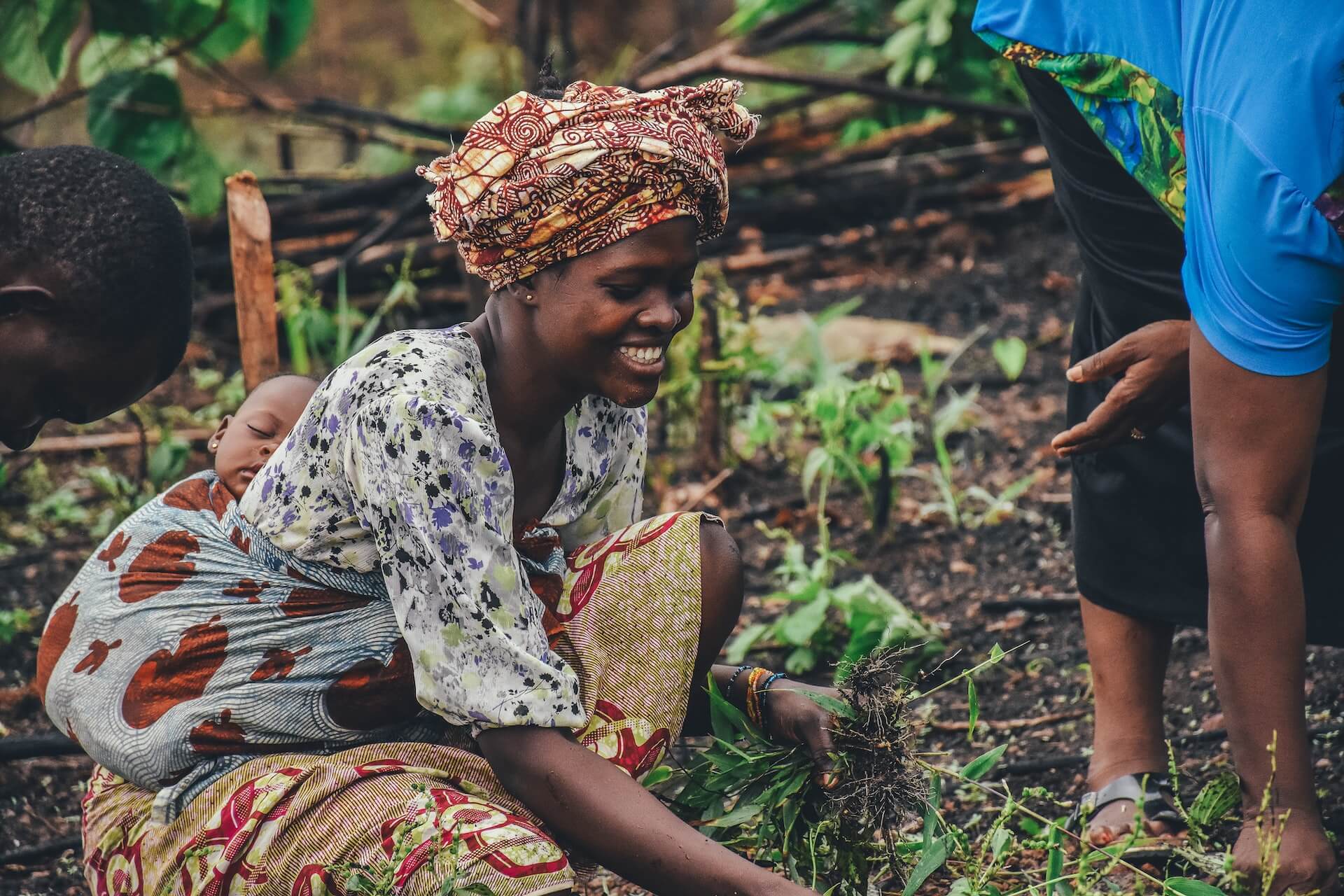Words by Emmanuel Sulle
For many African countries, the lack of proper implementation of existing policies, laws and programmes hold back women’s rights to access, use, control, and own land. Speaking to members of parliament during the Economic Community of West African States (ECOWAS) Learning Exchange in Kigali, Rwanda, it was argued that the high levels of illiteracy among their rural communities make especially women unaware of the existing policies and laws — this limits them from demanding their rights. The ECOWAS members of parliament (MPs) were in Rwanda to learn from Rwandan MPs at the courtesy of the United Nations Food and Agriculture Organisation (FAO), International Institute for Sustainable Development (IISD) and Oxfam.
Some MPs argued that having a constitution and laws providing for and protecting women’s land rights does not matter if there is legal pluralism. As Gambian MP Hon. Fatoumatta Njai stated: “Yes, it is one thing to have equality on women’s land rights in papers, but the point is that there is no equity in practice. In Gambia we have a good constitution, but you also have Sharia Law which stipulates that a woman inherit half of what the man inherits. We are a country dominated by Muslims, so we use Sharia Law.”
She continued to argue that besides a complicated, pluralistic legal framework, the high illiteracy rates are another big challenge among members of communities and parliamentarians themselves. She noted that among the Gambian MPs only about 20% understand English — the language used in parliament, and which all laws are written and presented in.
We must understand the significant challenges in implementing policies aimed at women having equal access to land. This is due to deep-rooted traditions, customs, and religious norms within diverse African communities. As the former Rwandan MP Hon. Juliana Kantengwa testified, women’s land rights issues are complex: “When we had a 50% land ownership policy and law in Rwanda, women themselves started to protest asking how they can interfere on land matters which belongs to clans, when women are outsiders to these clans? So, we in the parliament and the government made the use of our networks with NGOs to educate communities… but it was difficult. Imagine girls claiming a piece of land from their parents when the parent already gave it to boys, and those boys already have their own children.”
Women’s land rights issues are also context specific. As Hon. Sory Haba, an MP from Guinea Conakry insisted, specificities matter a lot in designing, implementing and assessing women-related land rights programmes and policies in Africa.
Parliamentarians confirmed the main findings of the Women’s Land Rights Project study as also summarised in the scorecard here.
In my presentation to MPs, I emphasised that the study assessed the performance of participating African states implementing selected instruments on women’s land rights across five themes, namely:
- Provisions are made in the law to guarantee women’s equal land rights.
- Women’s legislated land rights are protected and enforced.
- Women make a meaningful contribution to land governance.
- Women are able to assert their control over the land they use.
- Women’s land rights are protected in the context of large-scale land-based investments.
These countries were selected based on the presence of existing efforts to secure women’s land rights by members of the consortium. Further, the selected countries present different AU regions with differentiated women land rights’ contexts. The selected countries thus show the potential and replicability of civil society advocacy efforts in other countries across the continent.
In each country, a country researcher in collaboration with the country’s collaborating non-governmental organisation interviewed and surveyed in three selected heterogeneous locations which captured the range of situations under which rural women use the land.
The study found that while statutory laws to protect women land rights are in place in all seven studied countries, with some differences and, in some cases with existing loopholes, adherence to these laws at the community level remains inadequate. This is clear in terms of equality of rights to inherit land among men and women.
In all six countries except Malawi, the study showed that women’s ability to access land through inheritance is compromised in practice. Women experience constant threat from clansmen and relatives of their husbands. As also documented elsewhere, in many African communities (although not all), most land-holding systems are lineage-based, with men playing an important decision-making role. Malawi represents a specific case, as most land-holdings are based on matrilineal systems. However, this still is not an automatic guarantee of women having more decision-making power on land.
The study further established that communities’ land rights had weaker protection in the context of large-scale land-based investments and these contexts, women are the most affected group. This is true in the contexts of Cameroon, Ethiopia, South Africa, and Togo, where the government has not yet provided national policy guidance on large-scale land-based investments. This lack of policy sometimes leaves women more exposed to land dispossession, and poor access to land and related natural resources such as water and forest products.
As MPs from ECOWAS confirmed, while impressive steps to address women’s land rights issues have been taken in recent African policies, implementation is yet to receive sufficient political backing, due to widespread patriarchal values and limited financial and human resources.
The solution to all these challenges limiting women’s access to land rights lies in “change of mindset” argued the Rwandan MP Hon. Nyirahirwa Veneranda. She stated that African leaders and their citizens need to design and implement policies on issues they value in their own contexts, and they must commit their souls, skills, and resources to get these policies fully implemented on the ground.
Featured image by Neil Palmer/CIAT

